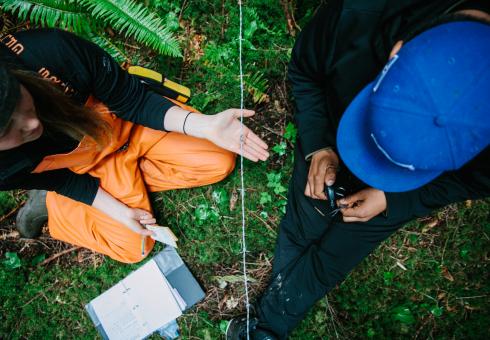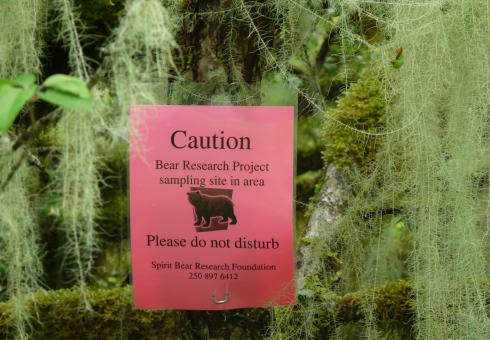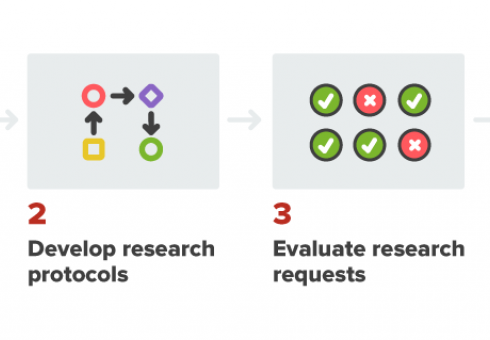The Herring School is an inter-disciplinary cross-cultural effort supported and funded by Tula Foundation, involving diverse groups, including First Nations, non profit organizations, universities and schools. Those involved come from diverse backgrounds, training, and communities, and are linked in their passion to learn about the ecological and cultural importance of Pacific herring and to share this knowledge broadly. It connects traditional and western scientific knowledge, gathers data from the past and the present, and works with individuals from diverse communities.




